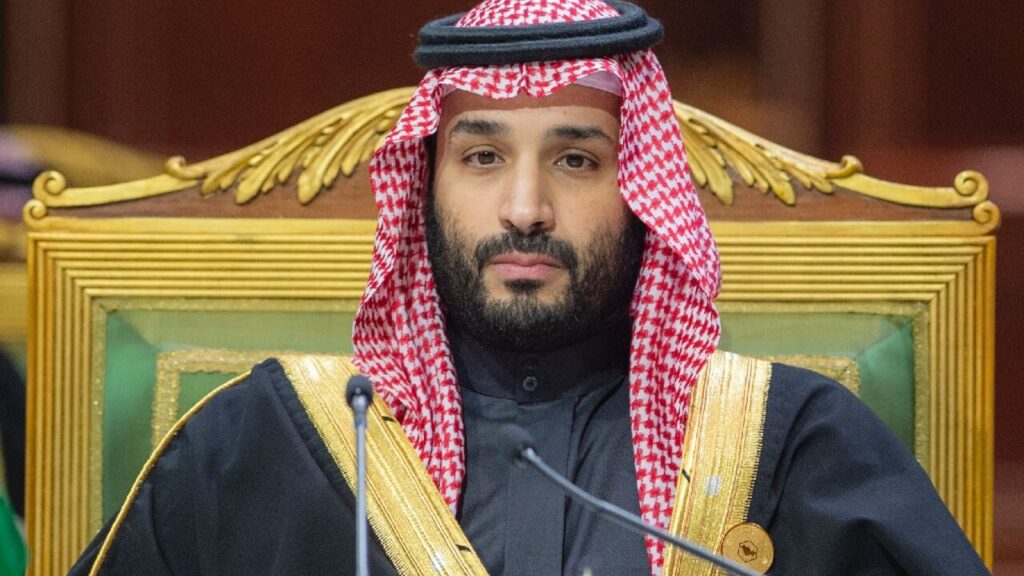
Muhammad bin Salman, often referred to as MBS, the Crown Prince of Saudi Arabia, emerges as a figure of significant global consequence, commanding attention and stirring diverse perspectives. His leadership is as intricate as the nation he governs, with a narrative that encompasses both praise and concern. In this exploration, we delve into the complexities surrounding MBS, scrutinizing his leadership, the controversies that surround him, and the transformative changes he has ushered in Saudi Arabia.
From his rise to power to his ambitious Vision 2030 initiative, Muhammad bin Salman’s trajectory reflects strategic maneuvering within the intricate web of Saudi politics. Born into the powerful House of Saud, his ascent to prominence was marked by his appointment as Minister of Defense and Deputy Crown Prince in 2015, culminating in his promotion to Crown Prince in 2017. His ambitious Vision 2030 initiative aimed at diversifying the Saudi economy signaled a departure from traditional reliance on oil, showcasing his vision for a modernized and economically independent Saudi Arabia.
The hallmark of MBS’s leadership lies in his bold efforts to reform Saudi Arabia. Initiatives such as lifting the driving ban for women and introducing entertainment options marked a departure from conservative norms. However, his anti-corruption drive in 2017, while controversial, aimed at cleansing the system and consolidating power.
Yet, beneath the facade of progress lies a tapestry of controversies. MBS’s leadership is shadowed by persistent human rights concerns, including the arrest and alleged torture of activists, sparking international outrage. The brutal murder of journalist Jamal Khashoggi at the Saudi consulate in Istanbul cast a dark cloud over Saudi Arabia’s international standing, straining relations with key allies.
Furthermore, MBS’s assertive foreign policy, exemplified by Saudi Arabia’s involvement in the Yemen conflict and its regional rivalry with Iran, adds layers of complexity to his leadership. While Vision 2030 promises economic transformation, challenges such as fluctuations in oil prices and global economic conditions present formidable obstacles.
Despite the controversies, MBS’s leadership has undeniably steered Saudi Arabia towards growth and modernization. His commitment to economic diversification and social reforms challenges deeply ingrained traditions, positioning Saudi Arabia as a transformative force in the Middle East.
Looking ahead, there is anticipation that MBS’s leadership will continue to be a catalyst for positive change. As Saudi Arabia grows economically, technologically, and culturally, it is hoped that MBS will leverage this newfound influence to contribute meaningfully to international dialogues and resolutions, shaping discussions on energy, regional stability, and broader diplomatic issues.
In conclusion, Muhammad bin Salman’s leadership in Saudi Arabia embodies both promise and peril. As the unfolding chapters of the country’s story under his guidance hold the promise of a nation poised for a prominent role in shaping the world’s future, the world watches with anticipation, hopeful for a Saudi Arabia that embraces progress while upholding fundamental values of human rights and accountability.



GIPHY App Key not set. Please check settings